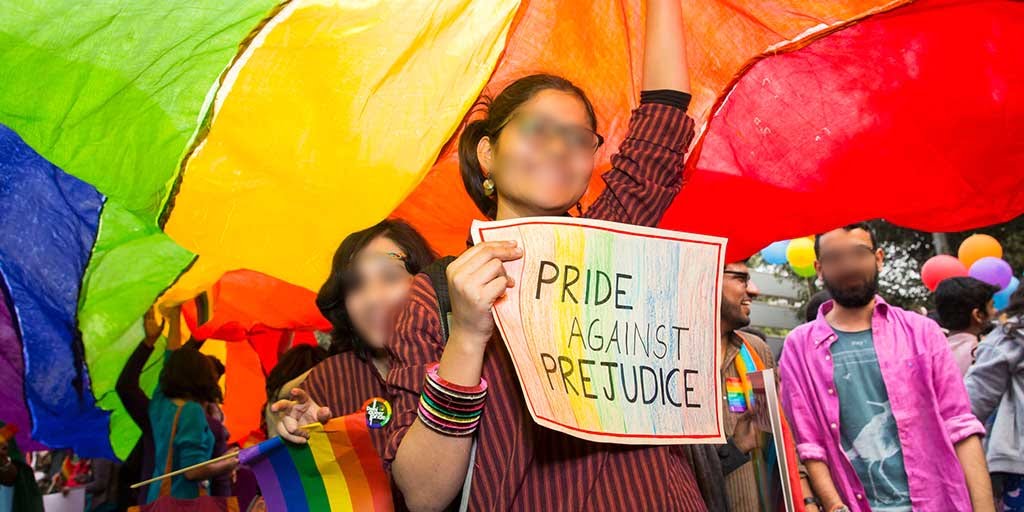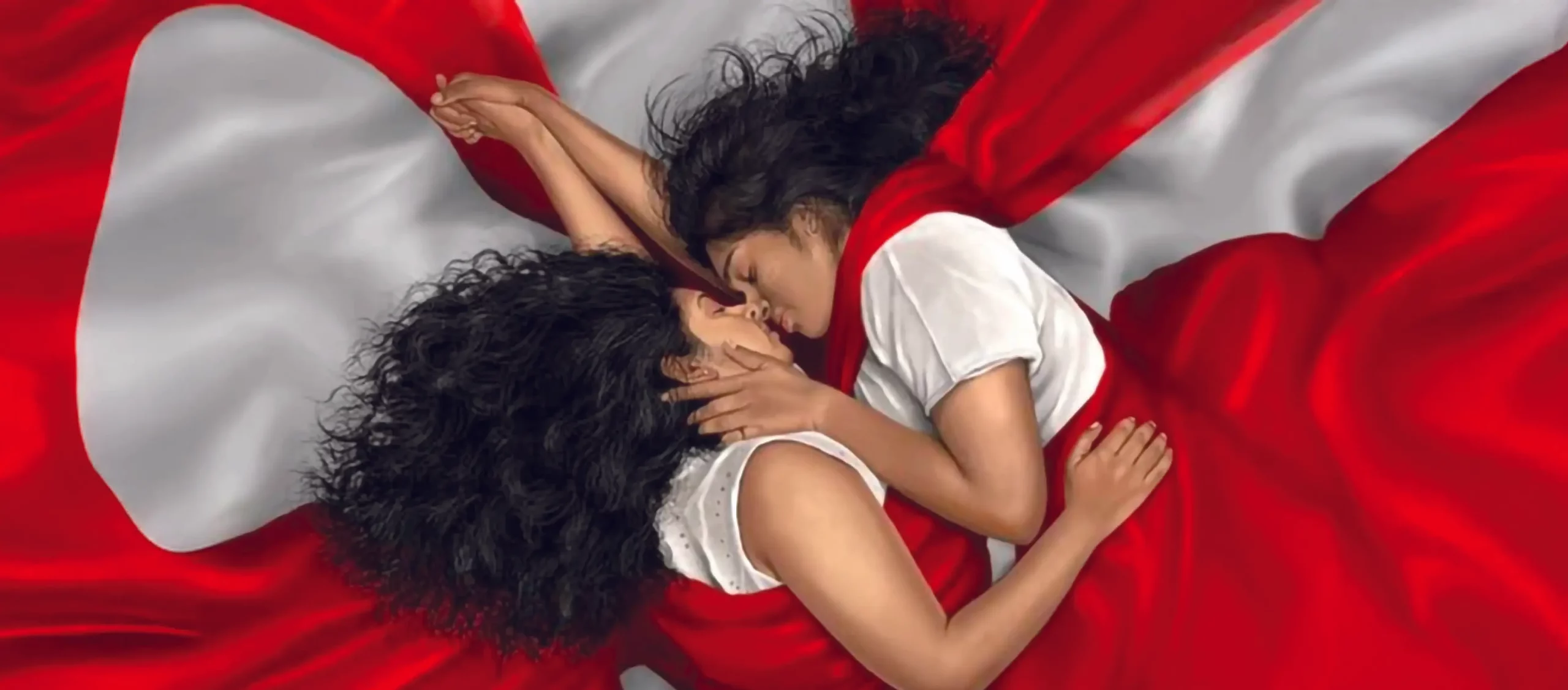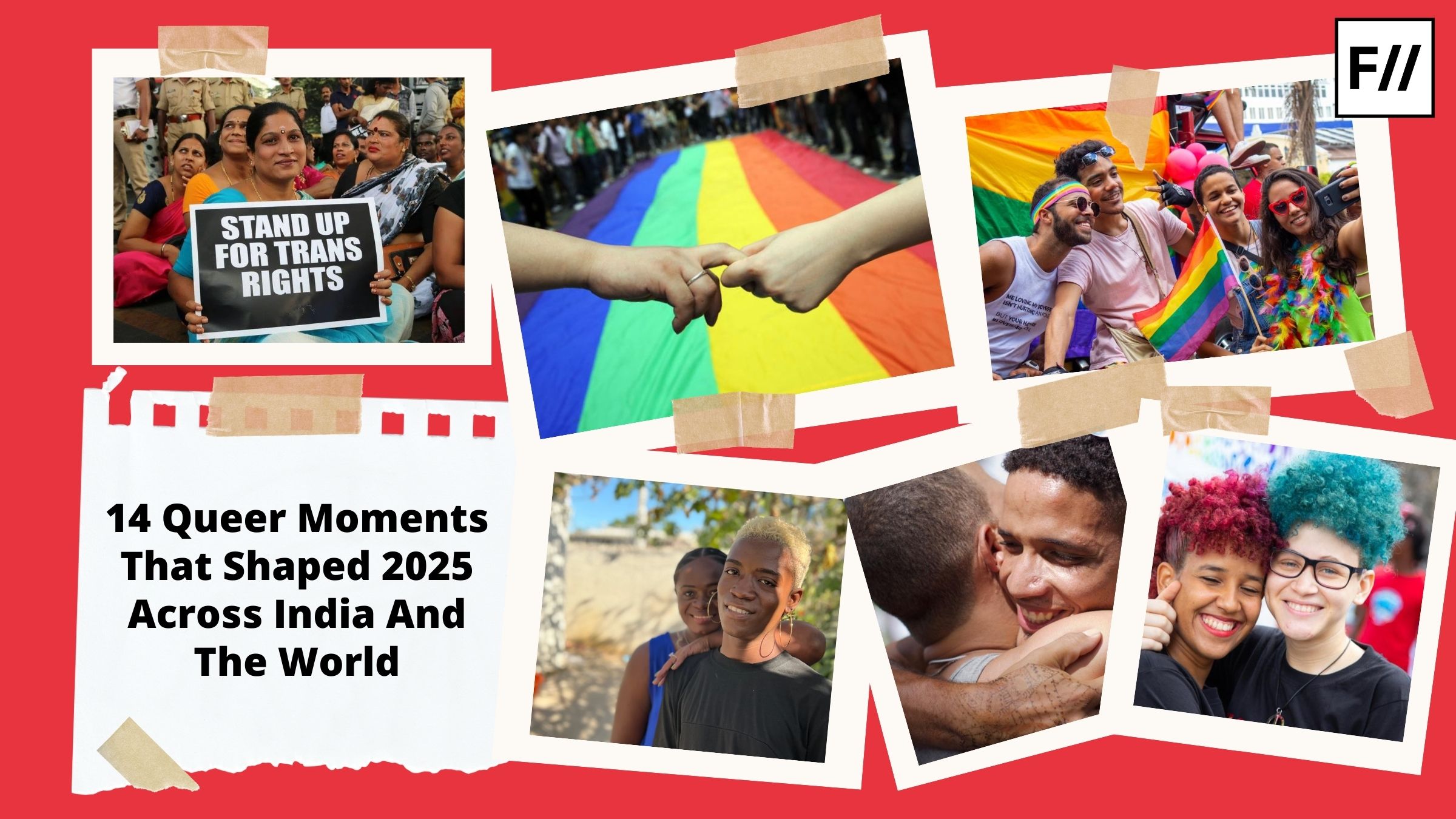A new study that ranks the safest, least and most homophobic countries in the world has placed India as the 82nd best travel destination worldwide for LGBTQ+ travelers. This puts India in the middle of the pack with 150 countries being part of the independent research that was conducted by myself and my husband Asher Fergusson. We are researchers and journalists that specialise in travel and family issues.
A new study that ranks the safest, least and most homophobic countries in the world has placed India as the 82nd best travel destination worldwide for LGBTQ+ travelers. This puts India in the middle of the pack with 150 countries being part of the independent research.
The voices of the Indian people have further reflected this middle-of-the-pack status, with only 45% participating in a 2019 Gallup poll, saying that they believe India is a “good place to live” for lesbian and gay people. While this response is underwhelming, the country does seem to be trending in a positive direction. In 2016, only 22% of those surveyed, in the same Gallup poll, had a favourable response.
The biggest reason for this increase in positive sentiment is likely due to the fact that India decriminalised homosexuality in 2018 and took down section 377, making it a safer and generally more accepting country in comparison to many of the lower-ranking countries in the LGBTQ+ travel safety index, where homosexuality is still punished by law. At the time of the ruling, the Chief Justice of India Dipak Misra said, “The LGBTQ community has the same fundamental rights as citizens. The identity of a person is very important and we have to vanquish prejudice, embrace inclusion and ensure equal rights.” As of now, same-sex marriages are still not legally recognised in India, but there has been a push for transition in recent years with several same-sex marriage petitions currently pending in courts.
Also read: The Lack Of Focus On The Intersection Of LGBTQI+ & Disability Rights Movement
In 2019, the “Transgender Persons (Protection of Rights) Bill” was passed. The bill protects transgender people from discrimination in nine fields including education, employment, and health care. The bill is a step in the right direction, but transgender activists have complained that the bill does not do enough to help integrate transgender people into the society and improve their quality of life. Additionally, trans individuals are still required to have their gender identity certified by the district magistrate and show proof of gender-reaffirming surgery.
Indian society has had the tendency to be more accepting of trans women than trans men. Trans men (people assigned female gender at birth, but now living as men), do not have the same sense of community as trans women and usually have a harder time coming out and officially establishing their identity. Due to misogynistic sentiment, it’s typically more difficult for trans men to get a doctor to perform gender-reaffirming surgeries, often being questioned why they would want to rid themselves of a healthy uterus and the opportunity of childbirth. Even when a doctor is willing to do the procedure, they will still require the consent of the trans man’s parents.
However, Pakistan is ranked 125th on the safety index, having laws in place where homosexual acts can result in life imprisonment. According to the 2019 Gallup poll, only 15% of those polled felt Pakistan is a good place to live for lesbian or gay people. On the other hand, those polled in neighboring Nepal, overwhelmingly responded positively with 84% saying it is a good place to live if you are a lesbian or gay. Although same-sex marriage is not legally recognised in Nepal, the laws are generally favorable, and there is certainly no legislation that criminalises homosexual acts. Overall, Nepal offers a wider range of protections for the LGBTQ+ community, earning it a higher ranking than India at position #41.
The top 5 countries on the LGBTQ+ travel safety index included Canada, the Netherlands, Sweden, Malta, and Portugal. Each of these countries has legalised same-sex marriage and offers strong protections across the board for the queer community in categories including worker protections, protections against discrimination, criminalisation of violence and adoption recognition.
The top 5 countries on the LGBTQ+ travel safety index included Canada, the Netherlands, Sweden, Malta, and Portugal. Each of these countries has legalised same-sex marriage and offers strong protections across the board for the queer community in categories including worker protections, protections against discrimination, criminalisation of violence and adoption recognition.
On the other end of the spectrum, the research study determined that the five most dangerous countries for LGBTQ+ travelers are Nigeria, Saudi Arabia, Malaysia, Malawi, and Oman: all of which severely punish homosexual acts with prison or even the death sentence and make it illegal for people to change their gender.
In India, it seems that LGBTQ+ travelers should generally feel welcome, while still taking a few precautions. As in many traditional countries, behaviours that may not be accepted among fellow countrymen/women will be more tolerated if you are a tourist. Nonetheless, you should refrain from public displays of affection, as they are discouraged even when it comes to straight couples. The more mainstream tourist areas are likely to be the safest for all travelers.
Also read: Travelling Alone? Here Are 10 Things I Learned As A Female Solo Traveller
The reality for many members of the LGBTQI+ community in India however is dismal. Especially during the pandemic, while many found themselves in the safety of their homes and being around family members and loved ones, many members of the queer community faced violence at the hands of their family members and community in general, given how natal homes double up as ‘unsafe’ spaces for them.
For conducting this research, the methodology we used involved scoring nine main factors for each country: the legal status of same-sex marriage; protections against discrimination; criminalisation of violence; worker protections; adoption recognition; whether it is a good place to live for gay and lesbian people (according to the Gallup World Poll); transgender legal-identity laws; illegal same-sex relationships and associated punishments; and the existence of propaganda/morality laws which prevent the discussion of LGBTQ+ issues. The Gallup data was given a double weighting and illegal same-sex relationship laws were give a negative double weighting.
The study has been featured in hundreds of publications across the world including Forbes, The Guardian, Lonely Planet, The Independent, and on the UK Government’s website.
Lyric is an accomplished poet, best-selling author, singer/songwriter, screenwriter, and mommy of two amazing little kids! After growing up in Hollywood she decided to delve into a profound spiritual journey and became a yogi-monk for almost a decade. She enjoys conducting research and loves traveling the world (India is her favourite country to visit). She can be found on Facebook, Instagram and Twitter.
Featured image source: World Nomads




